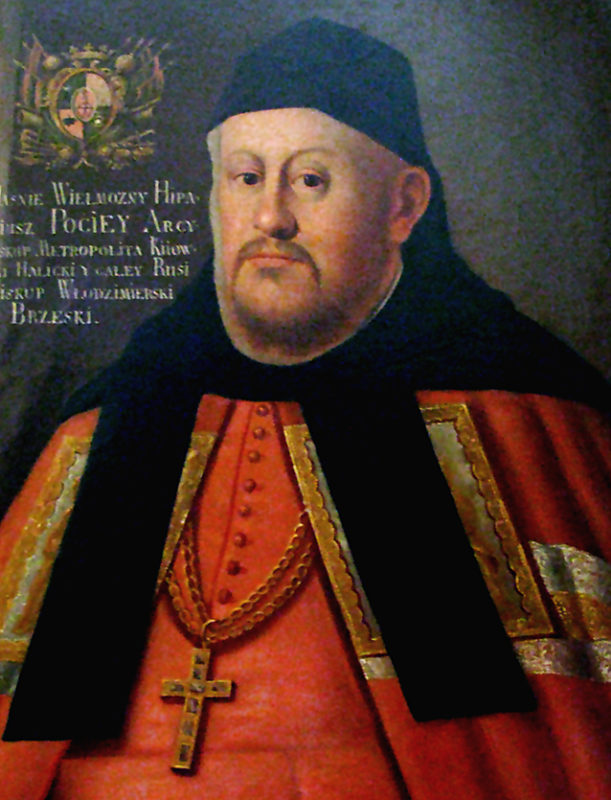If Serbia responds to the threats, it will have to say goodbye to its dreams of EU membership. If there will be no response, this will start the change in the country’s policy
This is not the first time that Kosovo has provoked conflict on the topic of banning license plates and documents issued in Serbia. The last case was less than a year ago, namely in the fall of 2021, when Pristina authorities banned cars with Serbian license plates from entering the territory of the self-proclaimed republic. This decision sparked numerous protests among the Serbs living in Kosovo since most of the goods in the Serb-populated northern municipalities of Kosovo came from Serbia. Belgrade quickly deployed a military contingent to the border
On that occasion, in talks mediated by EU countries, the parties agreed to a provisional solution. It included the deployment of KFOR [The Kosovo Force is a NATO-led international peacekeeping force in Kosovo – translator’s note] peacekeepers on the border, and the issue of license plates was resolved by affixing stickers at the administrative crossings.
Since 2008, Pristina has been the subject of a territorial dispute between the partially recognized Republic of Kosovo, which de facto controls the city and considers it its capital, and Serbia, within whose borders some countries recognize the city.
In local elections in Kosovo in February 2021, representatives of the Serb List party, which has close ties with Belgrade, won in all 10 Serbian districts.
Pristina authorities, however, continued to conduct police raids on Serbian neighborhoods throughout 2021 and 2022. During the raids, police mostly shut down Serbian stores and warehouses, and detained officials from the Serb List.

(сс0) LNLNLN
With the start of Russia’s special military operation in Ukraine, the EU has increased pressure on Serbia, which on the one hand expresses its desire to join the EU and on the other, is building relations with Russia. The EU imposed two new conditions on Serbia: imposing sanctions on Russia and mutual recognition with Kosovo.
Kosovo also made a step towards escalation. The Prime Minister of the Republic Albin Kurti repeatedly asked to join NATO.
In addition, in August 2021, the US brought in Kosovo about 1,300 refugees who were taken from Afghanistan during the withdrawal of US troops. Some of these immigrants remained in the Kosovo camps because they were denied entry into the US because of suspected ties with the Afghan militants. Thus, on the territory of the republic there emerged a large hotbed of a very problematic contingent.
On July 25, 2022, Kosovo’s President Vjosa Osmani and Prime Minister Albin Kurti went to the US for talks and new investments.
The UK, too, added fuel to the fire. At the end of April, information about deliveries of Javelin missile systems and NLAW anti-tank missiles to Kosovo was leaked to the media. A number of Russian and Serbian experts then noted that the active pumping of weapons into the region could well be a precursor to another aggravation between Serbia and Kosovo.
The EU supports Kosovo in the confrontation between Serbia and Kosovo. Thus, the EU does not notice the attacks on Serbs and their property, as well as on the churches of the Serbian Orthodox Church in Kosovo.
However, Serbian President Aleksandar Vucic repeats every time that Serbia’s main goal is membership in the EU. Vucic also adds that he intends to maintain the traditional friendship with Russia and China.
New aggravation
The new round of the crisis between Belgrade and Pristina has occurred against the background of the formation of a new government in Serbia. The process is to start on August 1. Western diplomats have high expectations for the new Serbian government, expecting a pro-Western course. These events preceded another aggravation.
On July 31, the Pristina authorities announced that on August 1, 2022 they would stop observing the temporary agreement about license plates and would not allow Serbian cars to enter their territory. They also announced that documents issued in Serbia would no longer be valid in Kosovo.
Serbian President Aleksandar Vucic said that the police of the self-proclaimed Republic of Kosovo would launch a force operation against Serbs at midnight. He added that in case of persecution of Serbs, Serbia will not remain indifferent and respond accordingly. At the same time, Vucic appealed to the international community for help.
Kosovo Prime Minister Albin Kurti blamed Vucic and Director of the Office for Kosovo and Metohija Petar Petković for the current aggravation.
The Russian Foreign Ministry called on Pristina to stop provocations and respect the rights of Serbs in Kosovo. Pristina is deliberately escalating the situation in Kosovo to provoke the use of force, Russian Foreign Ministry spokeswoman Maria Zakharova said.
On the night of August 1, alarm sirens sounded in northern, Serb-populated areas of Kosovo, and Serbia feared operations against the Serbian population would begin. The NATO contingent in Kosovo was put on alert. Videos of shootings appeared online, allegedly on the border between Kosovo and Central Serbia.
Further, the US intervened in the situation. Washington urged the Kosovo authorities to postpone for a month plans to replace passports and license plates of citizens with Kosovo ones. The head of the self-proclaimed republic Albin Kurti was approached by US Ambassador to Kosovo Jeff Hovenier.
The US ambassador said that he had managed to convince the Kosovo authorities to postpone the decision to re-register license plates for a month. He said that Pristina’s decision was fully consistent with the Brussels agreements.
The government of unrecognized Kosovo has announced that it is postponing the date for the tough checks on the replacement of passports and license plates for Kosovo plates by one month, until September 1.
The situation is extremely unpleasant for Serbia: Belgrade is practically cut off from its allies, and Pristina is ready to go into conflict with the tacit support of the West.
At the same time, if Serbia responds to the threats, which provocateurs expect, a full-scale military conflict with far-reaching consequences could break out in the country. If there is no response, it could be the beginning of the reformatting of all existing power in the country. And then the hopes of Western diplomats for a change in the political vector of the Serbian authorities will be realized.
Source: Rossa Primavera News Agency




